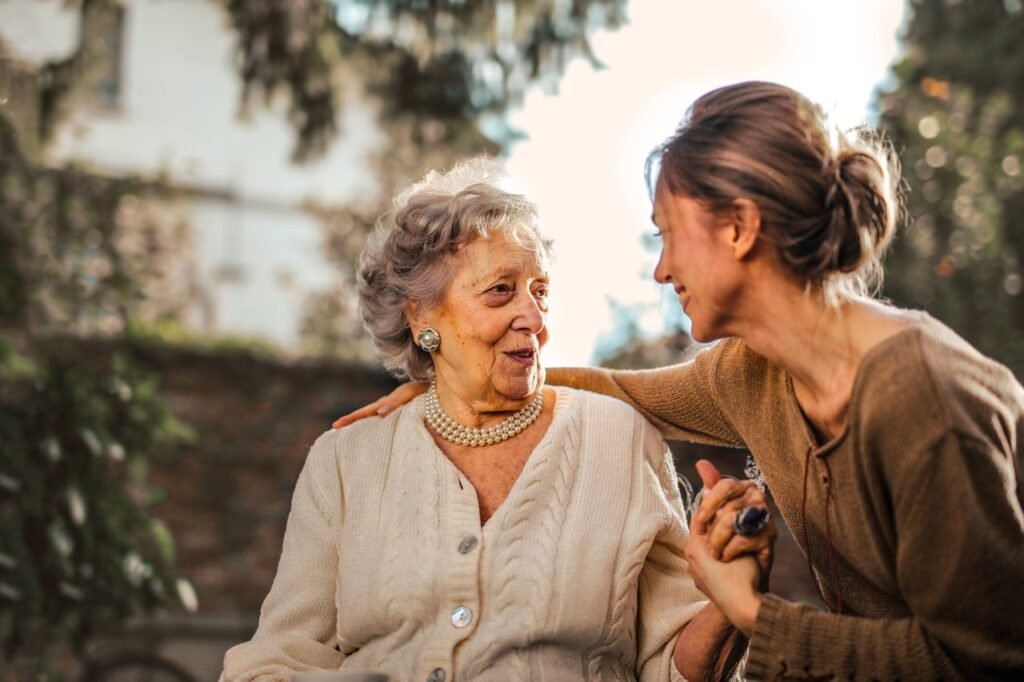Pallium India advocates community participation to strengthen the delivery of palliative care

“My Care, My Comfort” is the theme for World Hospice and Palliative Care (WHPC) Day which falls on October 10 this year. In India, there is a growing increase in suffering from communicable and non-communicable diseases, increasing the number of people who desperately need palliative care. Out of the 1.2 billion people in India, less than 2% has access to palliative care. According to the World Health Organisation (WHO), Universal Health Coverage spans promotive, preventive, curative, rehabilitative and palliative care. Palliative Care addresses all serious health-related suffering, going beyond physical to psychological, social and spiritual wellbeing.
Catastrophic health expenditure in India pushes 55 million people below the poverty line in a single year. Like in most low and middle-income countries, the need for palliative care is greater in India than in the west simply because the disease-specific treatment does not reach patients adequately or early enough. One of the biggest misconceptions about palliative care is that it is exclusively restricted to end-of-life care or to terminally ill cancer patients. Palliative care should be part of the care plan from the time of diagnosis of any chronic or advanced illness to improve the quality of a patient’s life and that of his/her family through the illness trajectory and even after bereavement.
Dr M R Rajagopal, Chairman – Pallium India said, “Palliative care is an essential and defining part of Universal Health Coverage. Some major barriers to access to palliative care in India have been overcome, but the implementation of created policies and laws still requires massive efforts by both the government system and non-government organizations. The 2014 declaration by the World Health Assembly asking all member states to integrate palliative care with all health care comes as an important reminder to us to boost current efforts.”
Accessing palliative care from the time of diagnosis through the period of treatment ensures caregivers and family members receive the best support to provide care and comfort for their loved ones at home or in care facilities. The COVID-19 pandemic is an amplifier of suffering and has increased the relevance of palliative care in our healthcare system, in sustainably managing treatment and strengthening the system. Health workers require familiarity with psychological, social and spiritual care and comfort that comes with palliative care services and training. To address these pressing needs, Pallium India has been training doctors online on the basics of palliative care and running an online support group for our overstretched healthcare providers.
“Manjuthulli” – the annual art exhibition co-ordinated by Pallium India’s volunteers, staff and well-wishers will be held virtually for the first time to commemorate WHPC Day on 10 October 2020. The proceeds from the sale of the photographs and paintings will be utilised to support the educational and other needs of children of families of patients. Several eminent artists have donated their paintings for Manjuthulli and have expressed their wholehearted support. Pallium India’s patients and their family members have also donated their paintings, photographs and artworks. The Manjuthulli art exhibition and sale will be on until November 10.
The need for palliative care is growing yet the progress in access to care and delivery is moving slowly. Governments and leaders must take cognisance of the increasing burden on the healthcare system and take the required actions to integrate palliative care into mainstream healthcare, Dr Rajagopal added.
